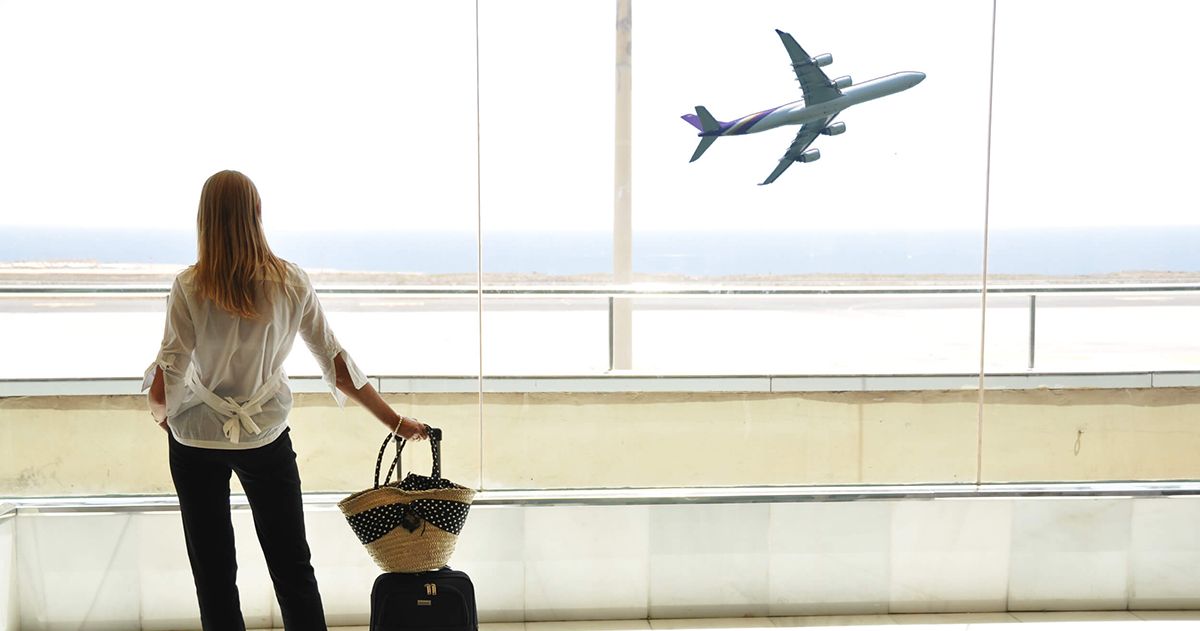
Since the introduction of cheap airline tickets more people are flying, but this can come with a hidden cost. If your flight has been delayed or cancelled, your luggage lost or you have suffered an injury during the course of the flight, then you should know your rights to compensation and consult with Victoria compensation lawyers immediately.
Check your ticket
A good starting point for finding out if you can make a claim against an airline is to check the terms and conditions either printed on the ticket, or on the airline’s website. Many claims will come by the Civil Aviation (Carrier’s Liability) Act 1959 (the Act) and the provisions of the act will usually be referred to in the terms and conditions of the travel ticket.
An initial refusal by an airline to provide compensation should not be regarded as definitive—an independent investigation should be made before a claim is abandoned.
What can be claimed?
Claims for damages resulting from accidents are generally limited to the associated costs or discomfort incurred due to:
- Delays
- Lost or damaged baggage
- Injuries sustained getting on or off the aircraft, or
- Injuries incurred during the flight.
In the case of a personal injury, the Act provides for a system of strict, but limited liability.
What is strict liability?
Strict liability means an injured person is not required to prove that their injury was caused by any negligence on the part of the airline. All that is required is proof of an injury sustained in an accident during the course of the flight or in the course of embarking or disembarking.
How much can be claimed?
The Act limits the compensation payable to a specified amount—currently around $192,000.
What happens if I’m seriously injured?
Despite this strict liability cap on damages, there remains the opportunity for a seriously injured passenger to claim an unlimited amount in damages. However, the airline will be able to avoid paying the claim (beyond the strict liability maximum) if it can show that it was not negligent or that a third party was responsible for the accident.
The onus in this instance lies with the airline to show that another party was responsible—this excludes agents or servants of the airline. Often the difficulty in making an injury claim is not demonstrating that the airline was responsible (as the strict liability element of the Act takes care of this for passenger) but that the injury occurred due to an “accident”.
Unusual or unexpected events
Case law has that an unusual or unexpected happening or event needs to occur in order to claim that an injury was caused by an “accident”. For example, if there is a sudden or dramatic decrease in cabin pressure causes, then a claim can be made by anyone on the flight injured by this event (for example, for hearing loss).
But if the decrease in cabin pressure is due to the normal operation of the aircraft then no claim can be made (for example, if the injury occurred during the usual changes in pressure while taking off or landing). Anything that is a personal reaction to normal flight operations is not regarded as having been caused by an accident (for example, the aggravation of thrombophlebitis from sitting in a normal airline seat during a flight is not regarded as an accident).
Body and mind
The Act largely limits claims to physical or ‘bodily injury’. The interpretation of the definition in a bodily injury has often excluded mental injury or harm or a psychological injury. However, this is a complex area and claims for psychological injury should be discussed with a specialist lawyer.
If you or someone you know has suffered an injury during the course of a flight, please contact Henry Carus + Associates today for more information and legal advice about your individual options and particular circumstances.
 Call Us Today
Call Us Today



